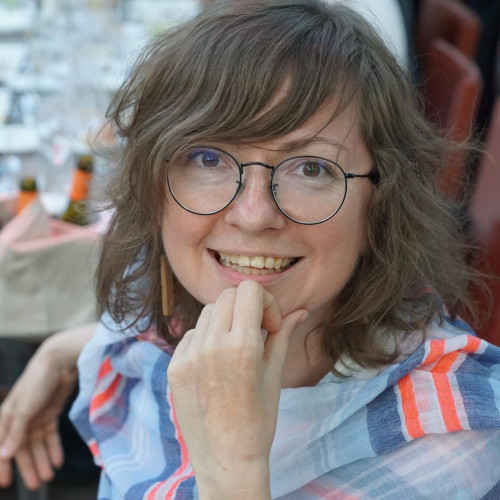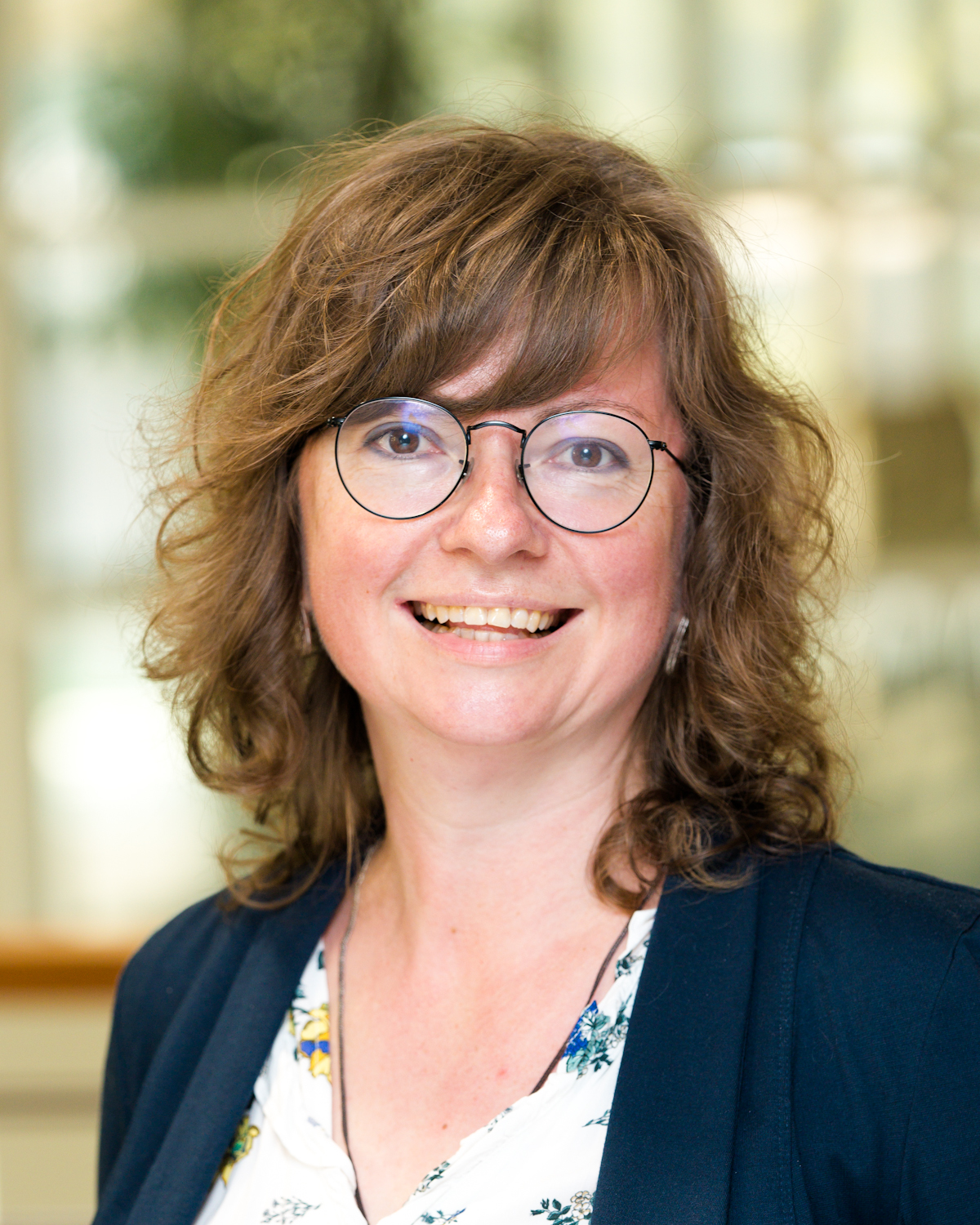

Martha managed the CLEW Journalism Network until February 2020. She developed network strategies and activities for energy reporters across the globe and helped launch the network platform in 2018. Prior to that, she was a correspondent at Index on Censorship, and also worked as policy researcher at a non-profit start-up.
Three questions to Angelina Davydova, CLEW Ambassador for Russia and Central Asia
The most important climate/energy topic in Russia right now is the planned ratification of the Paris Agreement. Over the last few weeks a number of officials confirmed the plans to ratify the agreement by the end of the year. Russia will probably announce this during the UN SG climate summit in New York in September, or during the next COP in Chile in December. The country was not one of the first to ratify the agreement in 2016, when many other countries did, due to a number of internal disagreements, with some business sectors actively lobbying against it. Thus, since it did not come so early, it needed a certain date or event to make it sound important. On the other hand, a lot of domestic disputes have also been solved, and the coal and steel lobby was more or less persuaded that they are not that threatened by the ratification. After all, Russia still has very unambitious climate goals (the target is actually below what we have now). Further climate legislation (including reporting about GHG for businesses, or the introduction of a price on carbon or any other carbon regulation scheme) is moving forward very slowly, and there is still quite a lot of opposition from business. But overall, climate change is becoming more of an important topic on the political and public agenda. There is increasing concern about climate change, mainly in the form of estimations of risks and need for adaptation.
"In short: Russia is far less of a climate sceptic than it used to be many years ago."

Overall, even President Vladimir Putin, speaking recently about climate change, said a few times how dangerous it is for Russia and how it is important to stick to the Paris Agreement targets and work together for all countries to fight climate change. But he also said how renewables (solar and wind in particular) might not be that beneficial for Russia, since the country has so much oil and gas and needs to make use of it, adding that wind energy harms birds and worms.
In short: Russia is far less of a climate sceptic than it used to be many years ago. Most politicians on the federal and regional level speak a lot about climate change, but with the emphasis on climate risks and the need for adaptation, far less about mitigation and a need to bring GHG emissions down.
And, finally, we even have a youth climate movement now, and there are Fridays for Future demonstrations running in Moscow and a number of other cities across the country.
I find the network to be really useful for establishing contacts, exchanging information, helping journalists from other countries find information and experts in my region, and learning from each other. I also always find the CLEW newswire with energy/climate stories from Germany and the EU to be an excellent source of information, analysis and data about the sectors in English. I use it a lot in the stories I write about global/European climate/environmental topics.
My first advice for local journalists starting out with covering energy transition in your region: learn more about energy balance, energy generation and energy strategy (plans) in your region, see how that relates to your country’s plans and climate targets, compare it to other regions of the world. Just from the pure statistics, data, strategy development plans and legislation drafts you can learn a lot and generate quite a few stories, provided you speak to experts on various sides and at various levels.
As to guidance to international journalists doing an energy transition story on my country: I would say, go off the beaten track of reporting only about oil and gas in Russia, the climate/renewable energy debate is developing in the country, there are quite a few interesting projects in the area; overall the importance of topic is increasing. Renewable energy and decarbonisation are not having an easy time in Russia. Yet there are stories to be picked and there are aspects to be covered, and a few very exciting developments to follow.
If you are an international journalist doing a story that involves research on energy transition and climate policy in Russia and Central Asia, you can reach out to Angelina Davydova as a first contact point. Beyond that, our other CLEW Journalism Network members in Russia and Central Asia might be able to help you out, or be interested in collaborating on an energy transition story with you.
If you are a Russia-based journalist with an idea for a project on-the-ground, Angelina can refer you to us at CLEW.
Should you be looking for expertise in other countries –have a look at the CLEW Journalism Network map!

